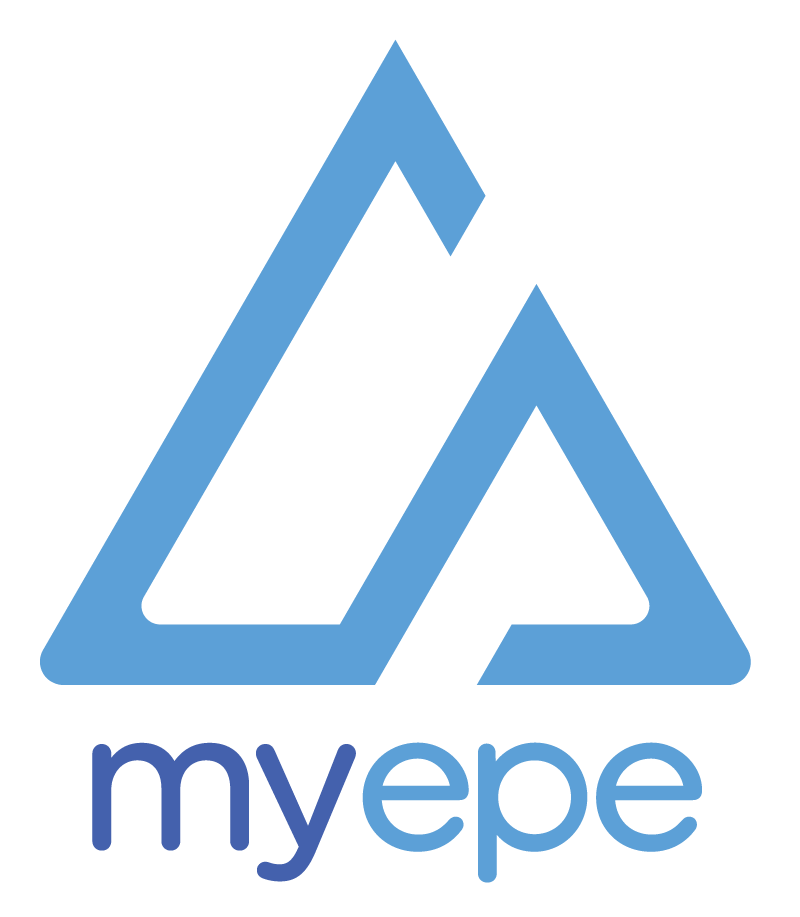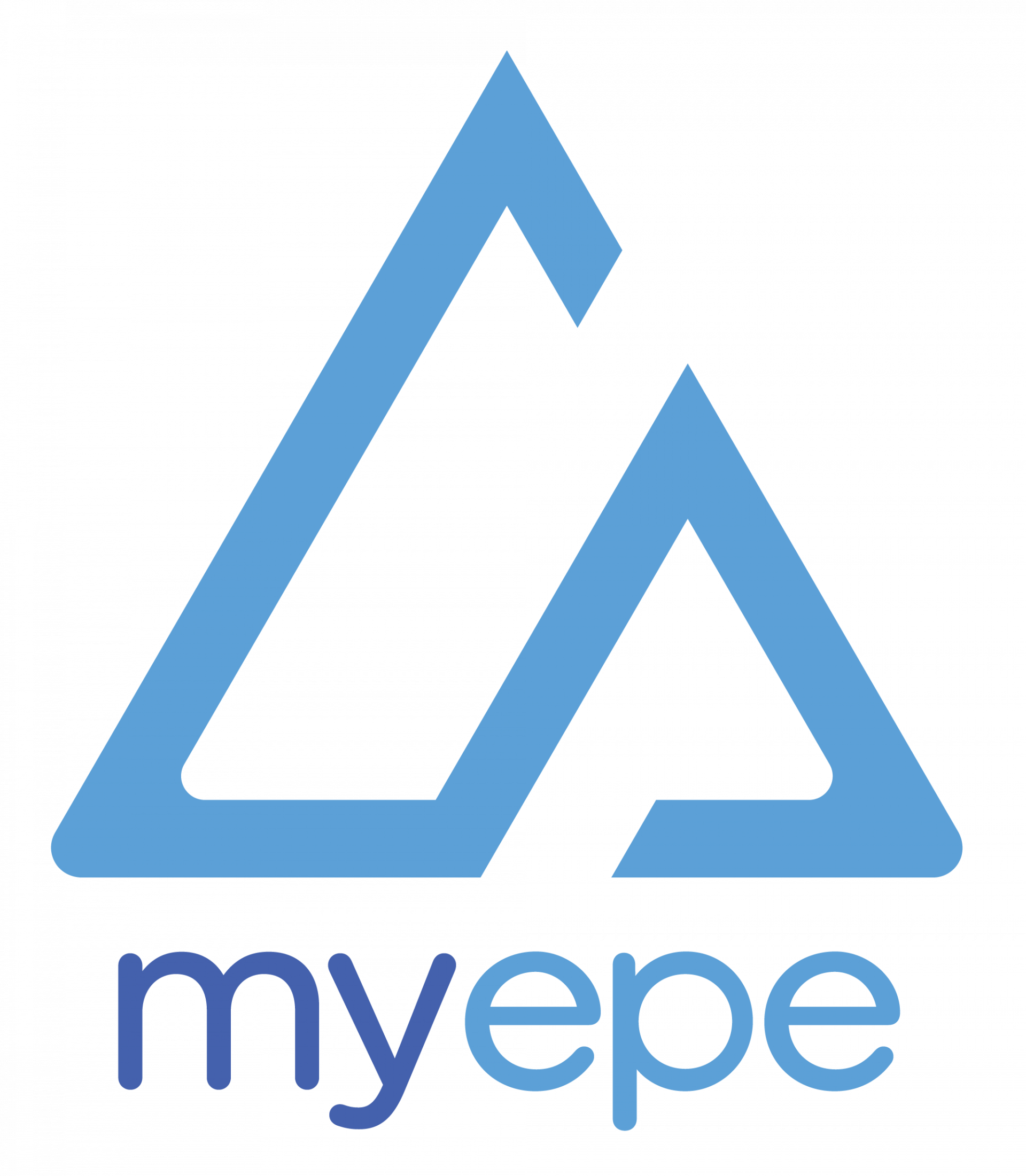
Textbooks have been around for centuries, and like anything that old they come with strings attached - both good and bad!
Over all those years, several study methods have become common, and for better or for worse, at one point or another, we've all tried each and everyone of them. In the previous lesson we reviewed which study methods have been proven effective, now lets take a moment and review those that aren't.
Before we begin, lets first establish some of the key problems:
You're familiar with the Mona Lisa, but could you paint it? You're familiar with Facebook, but could you program the code needed to re-create it? Just because we have seen, heard of, or navigated something before, does that mean we know it thoroughly? In the same way, the sight of certain words and theories may feel familiar, but that doesn’t mean you understand how to handle their meaning in another situation.
Before launching EPE, we frequently heard about how much time students spent studying for the PCE. It wasn't uncommon to hear study hours sore into the hundreds. However, learning isn’t measured by how many minutes or hours you spend on it; it’s measured by how much you can remember and explain. Three hours of active engagement, scenario application, practice quizzing, and practical replication is far more effective then twice as much time just thumbing through the pages of a familiar textbook. You have to become actively engaged with the material.
The brain doesn’t retain information unless it interacts with it somehow. Reading, or Re-reading without conversation, personal rewording, testing, teaching to others, or visual stimulus (pictures/video) is no better than skimming.
Now, onto the 3 least effective study methods;
The runaway favourite technique of students was found to perform spectacularly poorly when done on its own under controlled conditions. It seems intuitive that highlighting alone is ineffective for the same reasons it is so popular – it requires no training, it takes practically no additional time and crucially, it involves very little thought above the effort taken to simply read a piece of text. Yes, it’s true that the ability to create a highlighting function for our online study guide is both easy and possible, but the MYEPE team is interested in just one result: your success on the PCE, and for that reason we've excluded a highlighting option.
Dunlosky, J., Rawson, K., Marsh, E., Nathan, M., & Willingham, D. (2013). Improving Students' Learning With Effective Learning Techniques: Promising Directions From Cognitive and Educational Psychology Psychological Science in the Public Interest, 14 (1), 4-58.
The trouble with textbooks is volume. Currently, if you choose to review for the PCE using textbooks, you'll need to review an average of 7-9 books that you've required over the 2-3 years of physiotherapy school. What's worse, you only need 'some' of the information from 'some' of the chapters within those books, bogging down your time and your backpack. Bouncing from one chapter to another, and from one book to another is both inefficient, and can be down right frustrating. The style, format, layout, and writing style differs from one textbook to another, and all of them will differ from the way you took your class notes. Bottomline; your goal is to review and store information, not decode and gel back together content from a half-dozen sources.
In 2009, a professor of psychology at Washington University in St. Louis published an article in the journal of Psychological Science advising students against studying by reading and/or re-reading textbooks because it leads students to believe that they know more material better then they actually do because the content is sitting out in front of them. His suggestion was that students should use active recall which involves reciting, explaining, of actively using information to better cement it into long-term memory.



